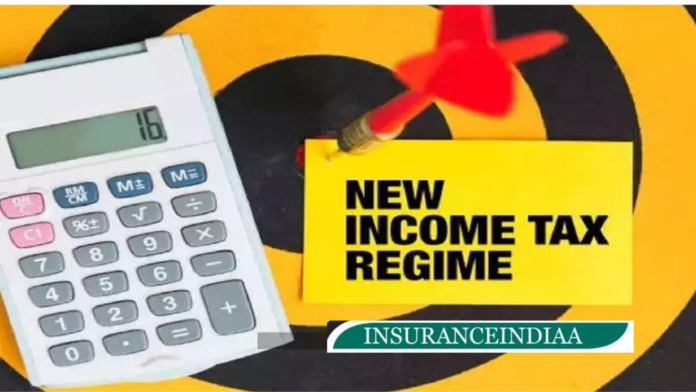New Tax Regime And Income Tax saving options: To make the new tax regime more attractive, the government has included a standard deduction of Rs 50,000. However, only salaried and pensioners get the benefit of this.
New Tax Regime And Income Tax saving options: From the new financial year, the government has made the new tax regime more attractive. In this, income up to Rs 7 lakh has become tax free. Along with this, the government has also given an option to pay less tax by giving relief in the tax slab.
However, in the new tax regime, the exemption of Rs 1.50 lakh available under 80C, the option of tax exemption on the premium of medical insurance including home loan interest is not available. But despite the removal of these exemptions, there are some options that the income tax payer can use to save income tax.
This is the new tax slab and the income tax rate applicable on it
| new tax slab | new tax rate |
| up to 3 lakh | 0% |
| 3-6 lakhs | 5 % |
| 6-9 lakhs | 10 % |
| 9-12 lakhs | 15% |
| 12-15 lakhs | 20 % |
| more than 15 lakh | 30 % |
Standard deduction of Rs 50,000
To make the new tax regime more attractive, the government has included a standard deduction of Rs 50,000. However, only salaried and pensioners get the benefit of this. Under this, an amount of 50 thousand is reduced in the total income of any person. That is, if the total income is Rs 10 lakh, then after standard deduction the income will be Rs 9.5 lakh. And tax calculation will be done on the same amount.
Take advantage of life insurance policy
If your life insurance policy is maturing, then tax benefit can be availed on the maturity amount. But if one has ULIP or Endowment Plan, then certain conditions need to be fulfilled to avail this benefit. Under this, a policy purchased after February 1, 2021, has to pay tax on the maturity amount if a premium of more than Rs 2.5 lakh is paid in a financial year.
similarly PPF And the maturity amount of Sukanya Samriddhi account is completely tax free. Which comes under EEE category.
Exemption on EPF amount
Generally, 12% of the basic salary is contributed by the employer to your EPF. This contribution is also exempt in the new tax regime. However, for this, the annual retirement benefit received from the employer should not exceed Rs 7.5 lakh.
Similarly, there is a provision of exemption on the contribution made by the employer in the NPS account. Which is available only on contribution up to a maximum of 10 percent of the employee’s basic salary and dearness allowance. At the same time, government employees get the benefit on the contribution of up to 14 percent.


